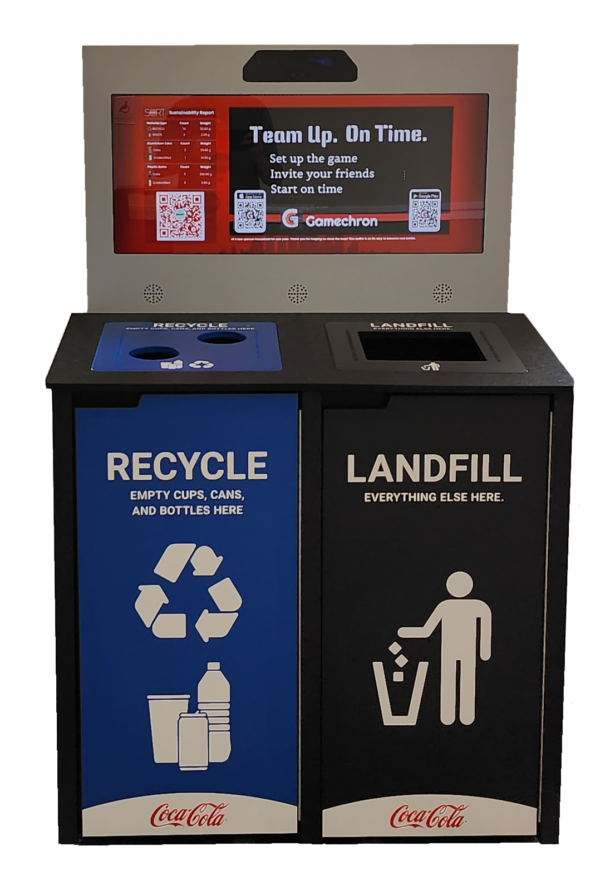In our ongoing battle against waste and the depletion of resources, maximizing the efficiency of recycling processes is crucial. Traditional recycling methods have their limitations, often leading to inefficiencies and missed opportunities. However, with the emergence of smart recycling systems, we now have the means to revolutionize waste management, reduce waste generation, and conserve valuable resources.
One of the key features of smart recycling systems is their ability to provide real-time monitoring and data analysis. By incorporating sensors and advanced analytics, these systems can track waste generation, collection, and processing. This data allows waste management authorities to identify patterns, optimize collection routes, and allocate resources more effectively. As a result, there is a significant reduction in waste accumulation and more efficient use of resources.
Traditional recycling processes often face challenges with sorting and contamination. However, smart recycling systems utilize cutting-edge technologies such as artificial intelligence and machine learning to precisely sort different types of recyclable materials. With the use of advanced sensors and algorithms, these systems can identify and separate recyclables from non-recyclables, significantly reducing contamination. This not only improves the quality of recycled materials but also minimizes the need for additional processing, saving resources in the long run.
Smart recycling systems go beyond traditional recycling by incorporating waste-to-energy conversion technologies. Instead of sending non-recyclable waste to landfills, these systems can convert it into energy sources such as biogas or electricity. This process reduces the volume of waste that ends up in landfills while simultaneously generating renewable energy. By harnessing the potential of waste-to-energy conversion, smart recycling systems contribute to both waste reduction and resource conservation.
Smart recycling systems also play a vital role in engaging communities and educating individuals about recycling practices. Through user-friendly interfaces and mobile applications, these systems provide information on recycling guidelines, collection schedules, and the environmental impact of recycling. By making recycling information easily accessible, individuals are empowered to participate actively in recycling efforts, leading to increased recycling rates and reduced waste generation.
Smart recycling systems have emerged as a game-changer in waste management, offering innovative solutions to maximize efficiency, reduce waste, and conserve resources. By harnessing real-time monitoring, precise sorting, waste-to-energy conversion, and community engagement, these systems transform the way we approach recycling. As we continue to embrace these advancements, we can look forward to a future where waste generation is minimized, valuable resources are conserved, and sustainability becomes the norm. Together, we can make a significant impact on the environment and create a more sustainable world for future generations.




